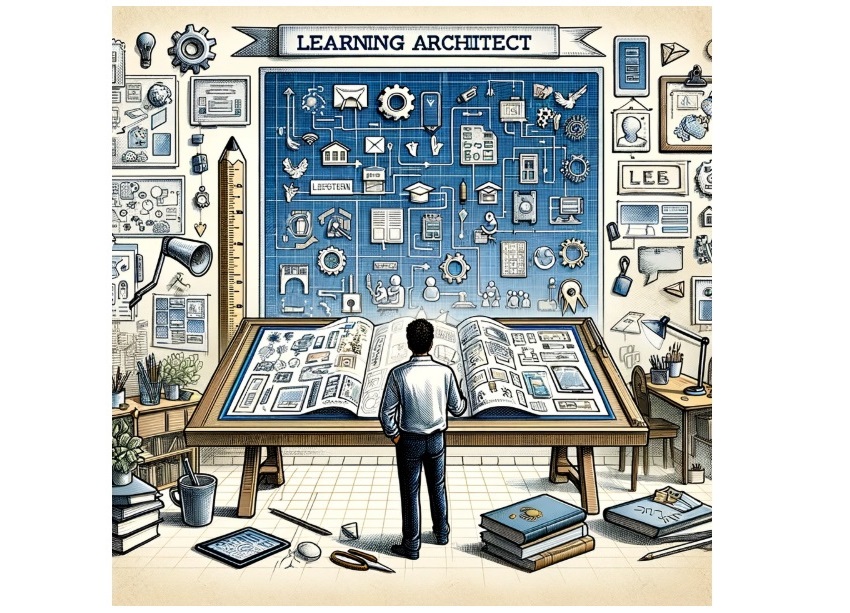
Physics is a fascinating but challenging subject that combines theoretical understanding with mathematical application and problem-solving skills. For many students, preparing for a physics exam can seem daunting because of the vast syllabus, the depth of conceptual knowledge required, and the need to apply principles to new situations.
Fortunately, with a well-planned revision strategy and the right techniques, you can significantly improve your grasp of physics and perform confidently in exams. This guide explores the most effective ways to revise for a physics exam, covering planning, active learning, practice, and mental preparation.
1. Start Early and Plan Your Revision
One of the biggest mistakes students make is leaving revision until the last minute. Physics, with its cumulative nature, requires consistent effort over time.
Make a Revision Schedule
- Begin at least 4–6 weeks before your exam.
- Break down the syllabus into manageable topics (e.g., mechanics, electricity, thermodynamics, etc.).
- Allocate specific days or weeks to each topic, leaving time at the end for full-length practice papers.
Prioritize Weak Areas
Do a diagnostic test or review past papers to identify topics you struggle with. Spend more time on these areas, while still maintaining some review of stronger topics to keep them fresh.
Build in Breaks
Don’t plan marathon study sessions. Use techniques like Pomodoro (25 minutes of focus + 5 minutes of break) to stay productive without burning out. Include days of lighter study to allow your brain to consolidate information.
2. Understand the Syllabus
Many students waste time revising material that isn’t relevant or overlook topics that are heavily weighted.
Get a Copy of the Exam Board Syllabus
Study the syllabus document to know exactly what is expected. Use the syllabus as a checklist to track your progress as you revise.
Know the Weighting of Topics
Some topics carry more marks than others. For example, mechanics and electricity often dominate at the high school level. Prioritize accordingly.
3. Active Learning Beats Passive Reading
Simply reading through your textbook or notes is not enough. Physics requires active engagement with the material.
- Summarize sections in your own words.
- Teach someone else to reinforce your understanding.
- Use flashcards for definitions, laws, formulas, and units.
4. Master the Formulas and Units
Physics is full of equations and units. These must become second nature.
- Create a formula sheet grouped by topic.
- Understand, don’t just memorize, where equations come from.
- Practice converting between different units.
5. Work Through Lots of Problems
Physics is as much about applying concepts as it is about knowing them.
- Practice past papers under timed conditions.
- Solve a variety of problems, including difficult ones.
- Learn from mistakes and keep a log of common errors.
6. Use Visual Aids
Physics concepts are often easier to understand and remember when visualized.
- Draw diagrams such as free-body, circuit, or ray diagrams.
- Create mind maps to link concepts.
- Watch videos or animations for abstract concepts.
7. Focus on Key Skills
Beyond content knowledge, physics exams often test specific skills.
- Practice your math skills: algebra, trigonometry, graph work.
- Work on data analysis and interpretation of tables and graphs.
- Revise experimental techniques if a practical component is assessed.
8. Review Your Notes Effectively
Your class notes are a valuable resource — but how you use them matters.
- Rewrite messy notes into clear, organized summaries.
- Highlight key formulas, definitions, and exceptions.
- Create one-page “cheat sheets” for each topic.
9. Test Yourself Regularly
Self-testing is a proven way to improve memory retention.
- Use question banks or online platforms for practice questions.
- Do timed mini-tests on specific topics.
- Use spaced repetition to review material at intervals.
10. Join a Study Group (If Useful)
For some students, studying with peers is very effective.
- Learn from others’ perspectives and explanations.
- Quiz each other and discuss difficult problems.
- Stay focused and avoid turning sessions into social time.
11. Stay Healthy and Manage Stress
Your physical and mental well-being affects how well you revise and perform.
- Get enough sleep to consolidate memory.
- Eat balanced meals and stay hydrated.
- Exercise regularly to improve focus and reduce stress.
- Practice relaxation techniques like deep breathing or meditation.
12. Simulate Exam Conditions
In the weeks leading up to your exam, do full-length practice exams under timed conditions to improve time management and confidence.
Review every mistake thoroughly and adjust your revision plan accordingly.
13. Work Smarter, Not Just Harder
Quality of revision is more important than quantity.
- Active recall beats passive review.
- Identify recurring patterns in past papers.
- Don’t aim for perfection — focus on the “big picture.”
14. Prepare for the Exam Day
Even the best revision won’t help if you panic on exam day.
- Pack your bag with everything you need the night before.
- Get a good night’s sleep.
- Have a calm morning and arrive early to the exam center.
- Avoid last-minute cramming or listening to others’ doubts.
15. During the Exam
These tips can help you make the most of what you’ve learned.
- Read each question carefully to avoid misinterpretation.
- Show your working — even partial solutions can earn marks.
- Manage your time and don’t get stuck on one question.
Conclusion
Revising for a physics exam doesn’t have to be overwhelming. By starting early, breaking down the syllabus, actively engaging with the material, practicing problems, and looking after your well-being, you can approach the exam with confidence and competence.
Remember, physics rewards understanding and practice. Focus on grasping the underlying concepts, applying them to solve varied problems, and testing yourself regularly. Combine this with healthy habits and good exam technique, and you’ll give yourself the best possible chance of success.
Good luck!
You can learn these concepts and more at Dr Hock's maths and physics tuition.